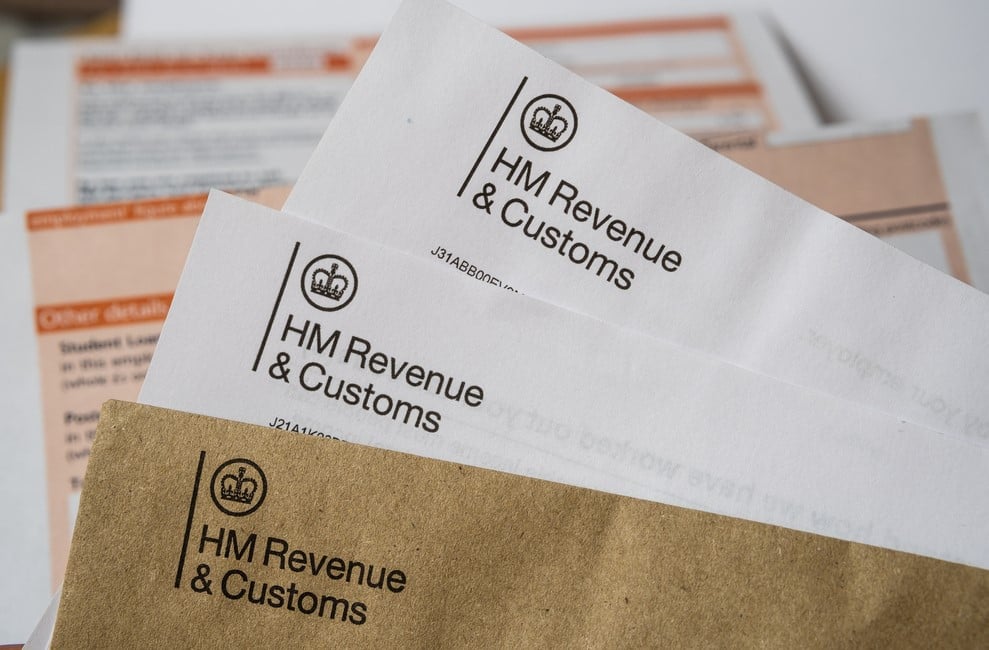Getting a letter from HM Revenue & Customs can often propagate ripples of anxiety through anyone’s day. Usually, these correspondences appear in different forms, but one type that might appear in your mailbox is the termed “nudge letter.” Designed to alert or urge taxpayers about their fiscal responsibilities, especially pertaining to undeclared income, grasping your HMRC nudge letter is crucial to make sure you’re satisfying your tax obligations effectively.
What exactly is an HMRC Nudge Letter?
A nudge letter from HMRC is basically a preventive measure rather than an blaming one. These letters are part of HMRC’s strategy to encourage taxpayers to freely correct any inconsistencies in their tax reports, especially focusing on overseas income that might not have been fully declared. Unlike formal audit letters, a nudge letter does not imply there is an ongoing investigation into your tax affairs. Instead, it acts as a gentle reminder that HMRC has data implying there may be undeclared income.

What’s the reason Did You Receive This?
If you’ve found one letters in your mail, it’s probably because HMRC has gathered details that possibly contradicts with the information you’ve sent, or implies there might be additional sources of income that need to be taken into account. Frequent causes for dispatching a nudge letter include inconsistencies noted in the information shared by foreign tax authorities or financial institutions about overseas income.
Interpreting the Message
The main content of a nudge letter typically includes a alert about the necessity of declaring all applicable incomes; a reminder that mistakes should be corrected; and at times, connections to guides on how to proceed with disclosing undisclosed income. It’s vital to review the details noted about the suspected undisclosed income meticulously and determine whether it pertains to your circumstance.
Next Actions: What precisely Ought to You Do?
Upon receiving a nudge letter, taking proactive measures is essential:
Review your Tax Returns: Double-check your prior returns to ensure all revenue sources were reported accurately. Give special focus to any overseas income.
Consult a Tax Consultant: In case there’s any kind of uncertainty about the way to proceed or if corrections are necessary, consulting with a taxation professional can provide clearness and guidance.
Respond Promptly: Adhere to any kind of instructions provided in the notice concerning deadlines for reply. Engaging cooperatively with HMRC can often avoid additional complications or inquiries.
Correct All Inaccuracies: If you uncover mistakes or left out details, opt for prompt steps to fix it. This commonly requires filing revised returns and joining forces fully with HMRC.
Precaution is More desirable In lieu of Solution
To avoid upcoming HMRC nudge letters, keeping complete and accurate records of each domestic and international income is advisable. Regularly updating tax filings and making sure comprehensive transparency can aid circumvent the pressure associated with such checks from the tax authorities.
Moving through tax matters can often seem daunting, especially when it involves complexities such as income from abroad. However, comprehending why you obtained an Her Majesty’s Revenue and Customs prompt letter and knowing how to react efficiently might not only assist in addressing possible issues swiftly but also strengthen your loyalty to careful monetary adherence. Keep in mind, the tax authority employs these letters to aid taxpayers in remaining compliant rather than fining them without prior notice.
More information about Letter from HMRC check this web portal

